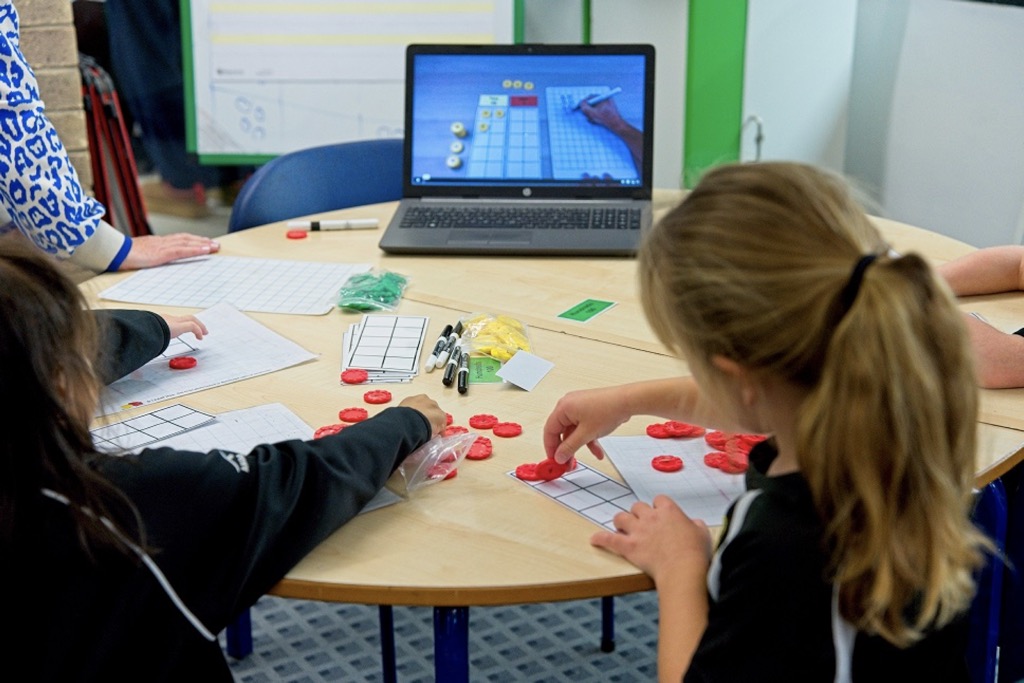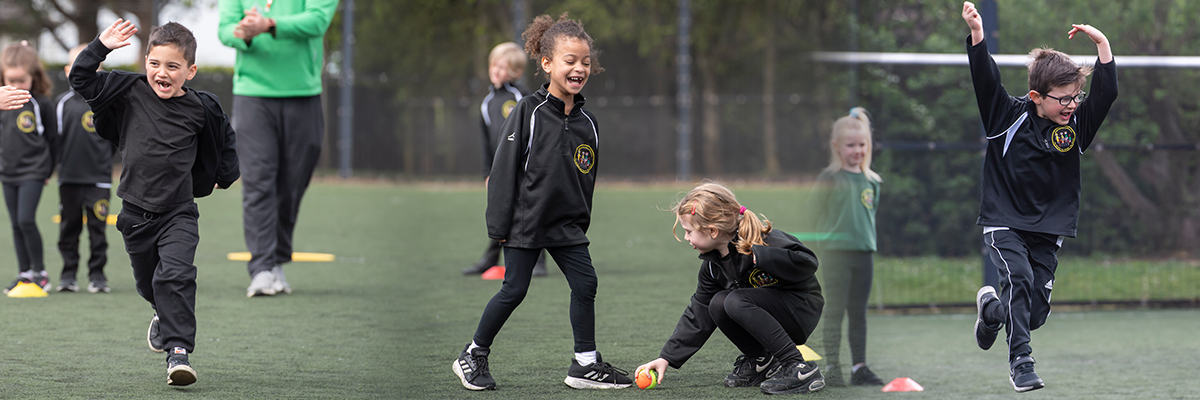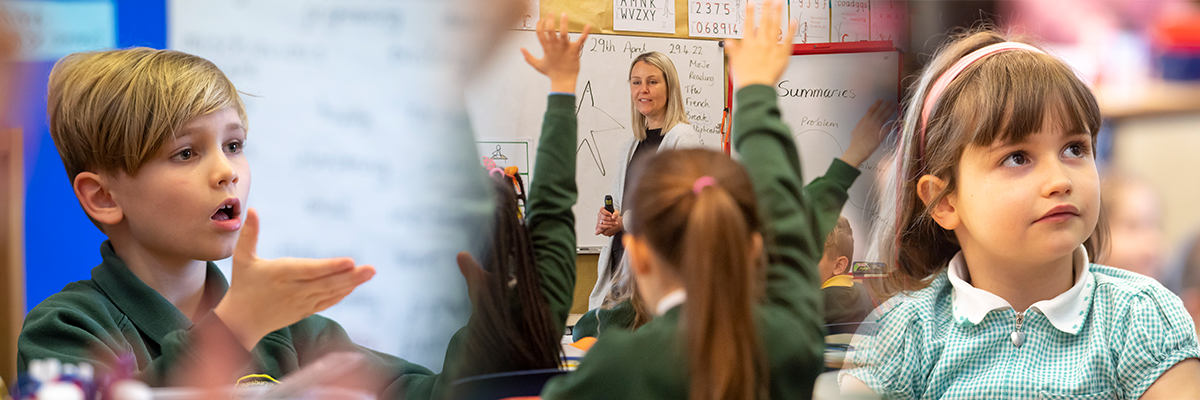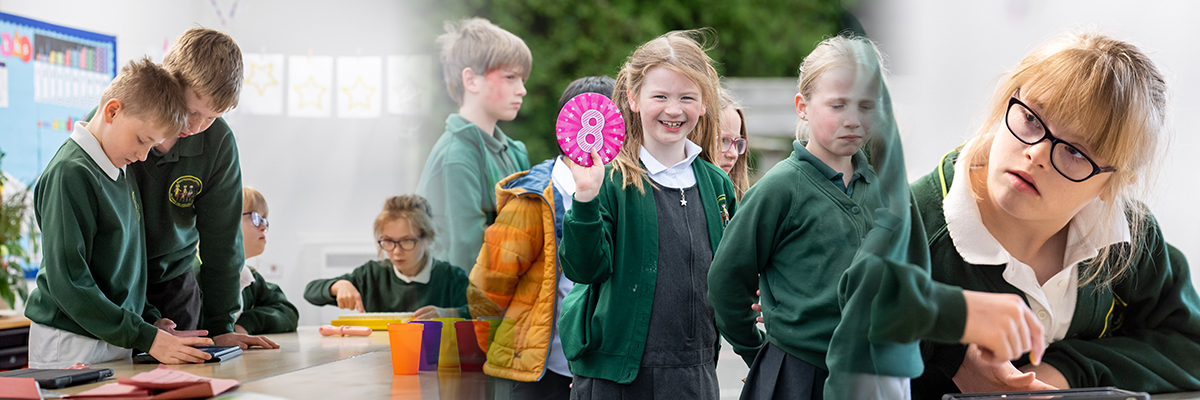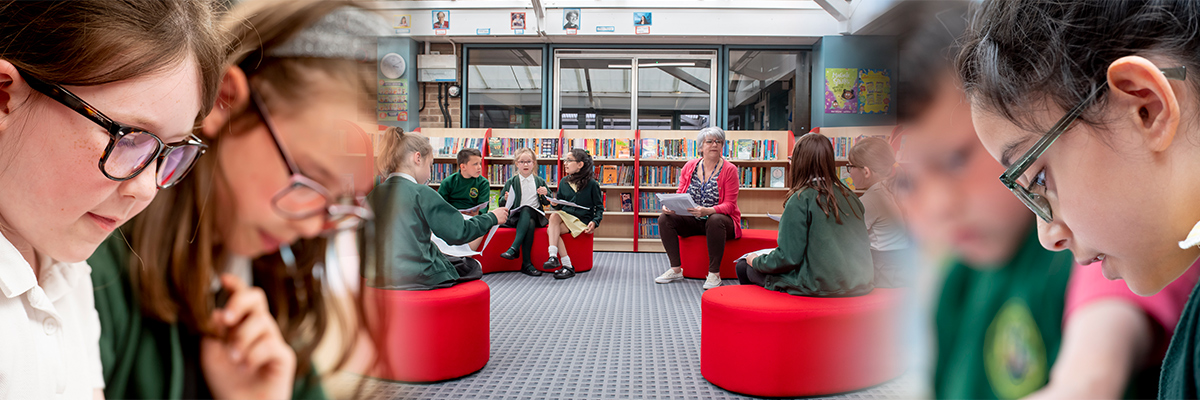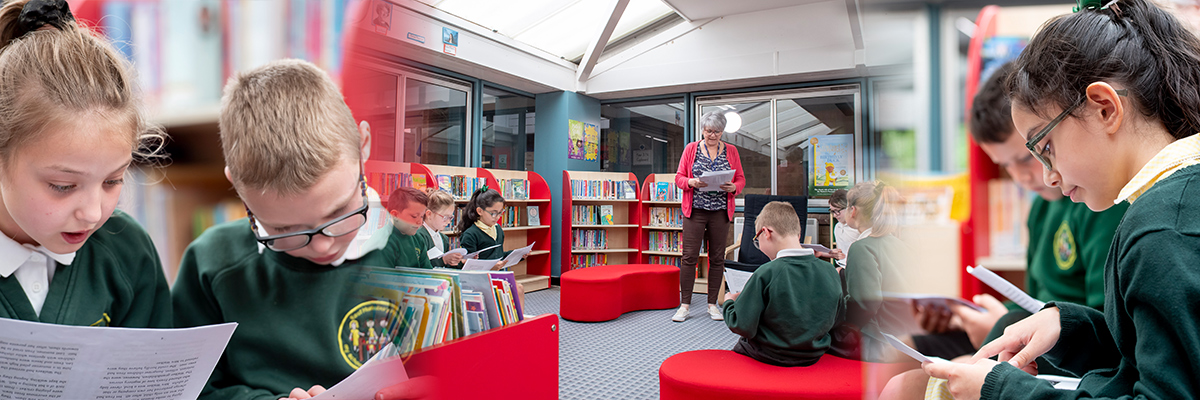At East Hunsbury Primary School, we take all aspects of Safeguarding very seriously including safeguarding your children online. Many children from a young age now have access to the internet either via a tablet, phone or games console and it is imperative that they understand how to stay safe and spot any dangers that the internet may pose. It is important too that families are aware of their roles and responsibilities in protecting their children when they are online and we pride ourselves in supporting families in any way that we can. On this page you will find lots of useful downloads for specific websites and apps which also includes how to manage parental controls.
On a weekly basis, we will send out helpful advice to families on how to stay safe online and each year we hold an e-safety evening which is run by Simon Aston who is our lead country expert regarding online safety. E-Safety is led by Mr Alex Kemp and if you have any questions about our e-safety curriculum or require advice on keeping your child safe online please do not hesitate to contact him via Class Dojo or email:
You can find useful videos about setting up Parental Controls & Privacy settings here.
Did you know, that we have an online filtering system at school which prevents children from searching or finding anything that they shouldn't!

